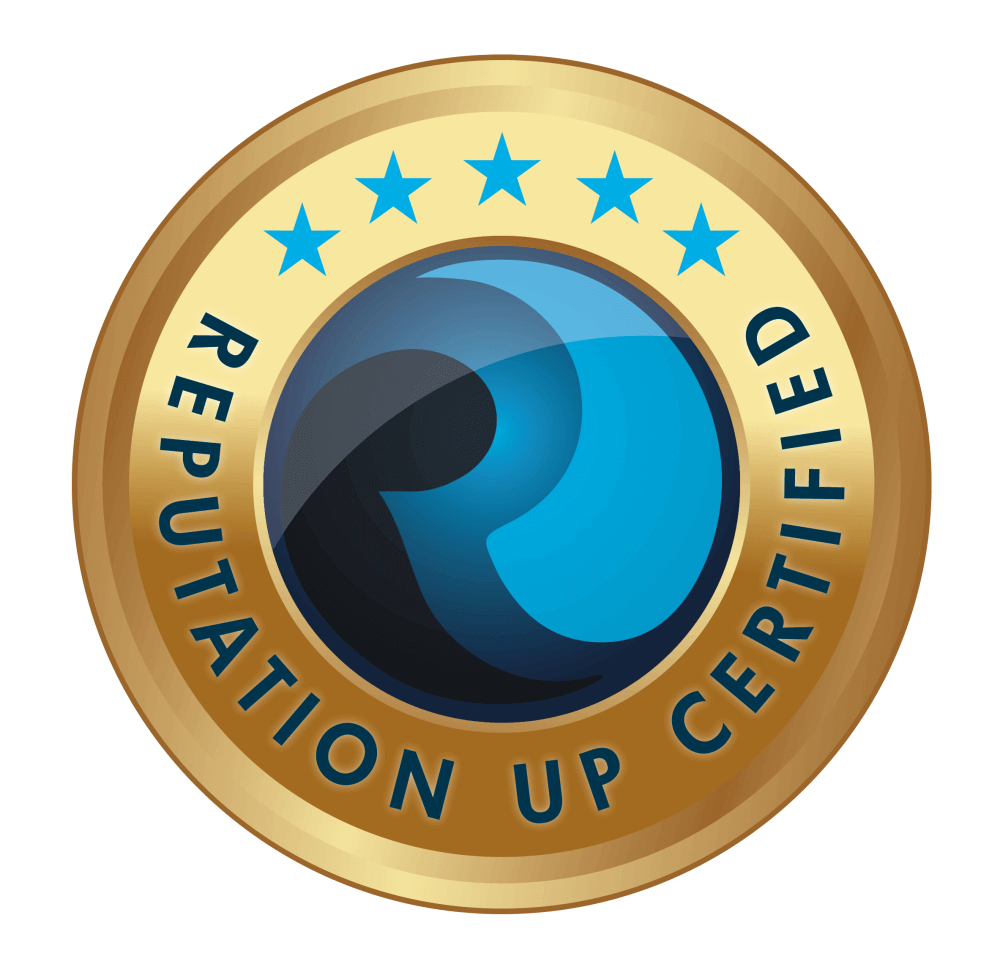Shein, the Chinese titan of affordable fashion, has managed to capture markets around the world, including Latin America, Europe, and North America, with its easily accessible fashion catalogue and very low prices.
However, this meteoric success has brought with it a series of legal and ethical challenges that threaten to tarnish its reputation.
From litigation in Japan and the United States to investigations by the Chinese government, Shein is at a critical moment, just as it seeks to consolidate its global presence by entering the stock market.
In our case study, we will delve into the main legal issues facing Shein, exploring how these challenges impact its online reputation and what this could mean for its future.
Stay tuned for a detailed analysis of the situation and a better understanding of the implications of these conflicts in the world of fast fashion.

The Confrontation with Uniqlo: More Than a Legal Dispute
We start with the dispute with Uniqlo, the Japanese company filed a complaint on December 28 against Shein Japan, Roadget Business, and Fashion Choice (the latter two linked to the first) in the Tokyo District Court, demanding “the immediate cessation of sales of imitation products,” as recently communicated.
Uniqlo, known for its innovation and quality, is in a legal battle to protect its iconic bag, an accessory that has not only set trends but also demonstrated the brand’s commitment to originality and accessibility.

Fast Retailing, the conglomerate behind Uniqlo, argues that Shein has infringed the Unfair Competition Prevention Law, seeking compensation for the damages caused to its sales.
“The decision to file the complaint was made upon determining that the shape of the imitation products sold by Shein closely resembles that of our product, significantly affecting our customers’ trust in the quality of the Uniqlo brand and its products.”
The company explains through an official statement.

This conflict underscores the tension between design innovation and mass reproduction in the era of fast fashion, highlighting the challenges of protecting intellectual property in a globalised market.
Uniqlo has achieved a milestone with its nylon “mini shoulder bag,” the most popular bag in the brand’s history, which has sold out on multiple occasions and sells for 1,500 yen (approximately €9.30).

In contrast, a very similar bag is offered on Shein Japan’s website for about 500 yen (around €3.10), raising questions about the value of originality and the price of accessible fashion.

Shein, founded in Nanjing in 2008, has opted for a business model focused exclusively on e-commerce, leveraging social media and influencers to capture younger generations.
Its strategy has paid off, positioning it as a dominant force in online fashion.
However, Shein’s application to list on the U.S. stock market, with a potential valuation of $90 billion, highlights the complexities of its expansion and the legal and reputation challenges it faces.
This scenario leads us to reflect on the impact of legal disputes on brands and how corporate reputation management becomes a crucial element in the digital age.
The battle between Uniqlo and Shein is not just a matter of intellectual property rights; it’s a reflection of the struggle to maintain integrity and trust in an increasingly saturated market.
Temu vs. Shein: The War for Low-Cost Dominance

The rivalry between Shein and Temu illustrates tensions in the affordable fashion market, highlighting a conflict that goes beyond competition for low prices and product variety.
Temu‘s lawsuit in the United States accuses Shein of using intimidating tactics against shared merchants, pointing to a larger issue of monopolistic practices.
This legal confrontation, marked by accusations of “mafia-type intimidation” and “dubious copyright infringement lawsuits” by Shein, underlines the complexity of maintaining fair competition in the digital age.
Crisis management becomes essential for Shein, facing challenges that could impact its expansion and reputation in the global market.
Both platforms, popular for their offering of various affordable fashion clothes, such as linen men shirts or seasonal trending outfits, are under scrutiny by business organisations and regulators, concerned about the impact on the local industry and fair competition.
With Shein preparing for a possible IPO in the U.S., resolving these disputes and its approach to ethical competition will be crucial for its future.
Investigations into Labour Practices: A Challenge for Corporate Reputation

Beyond the courts, Shein faces scrutiny over its labour conditions.
Researchers from Public Eye discovered concerning conditions in Guangzhou, where Shein suppliers are located.
Interviews with workers revealed workweeks of up to 75 hours without formal contracts, in environments with serious safety deficiencies.
The lack of emergency exits and exhausting 11 to 12-hour days, with only one day off per month, exceed what is allowed by Chinese labour law.
Moreover, most workers are internal migrants, dependent on these jobs for survival, and are paid per garment produced, increasing their vulnerability.
These findings raise critical questions about the ethics and sustainability of Shein‘s business model.
As the brand prepares for its possible stock market debut, improving these labour practices is essential to maintain consumer trust and avoid reputational damage.
Conclusion: Shein’s Future Amidst the Storm
Legal conflicts and ethical concerns represent a turning point for Shein.
How the company responds to these crises, from the intellectual property dispute with Uniqlo to concerns about its labour practices, will dictate its ability to remain a leader in global fast fashion.
Effective online reputation management and genuine commitment to ethical business and labour practices will not only mitigate current risks but also strengthen its market position in the long term.
Can Shein overcome these challenges and reaffirm its commitment to quality, originality, and social responsibility? How will these conflicts influence public perception of fast fashion and expectations towards brands in terms of ethics and sustainability?
Your perspective is crucial in this debate on the future of fashion and corporate responsibility in the digital age.
If you’re interested in delving into how to manage online reputation and tackle ethical challenges in business, we invite you to contact ReputationUP.

